This question has been bugging me for a while now. When writing a CSS selector that compares against an element's attribute like so.
a[rel="nofollow"]
I never know what I should be doing with the quotation marks. Are they really necessary?
Basically, what is the specification for this because I can't find it on the web site.
Are all of these considered valid?
a[rel="nofollow"]
a[rel='nofollow']
a[rel=nofollow]
